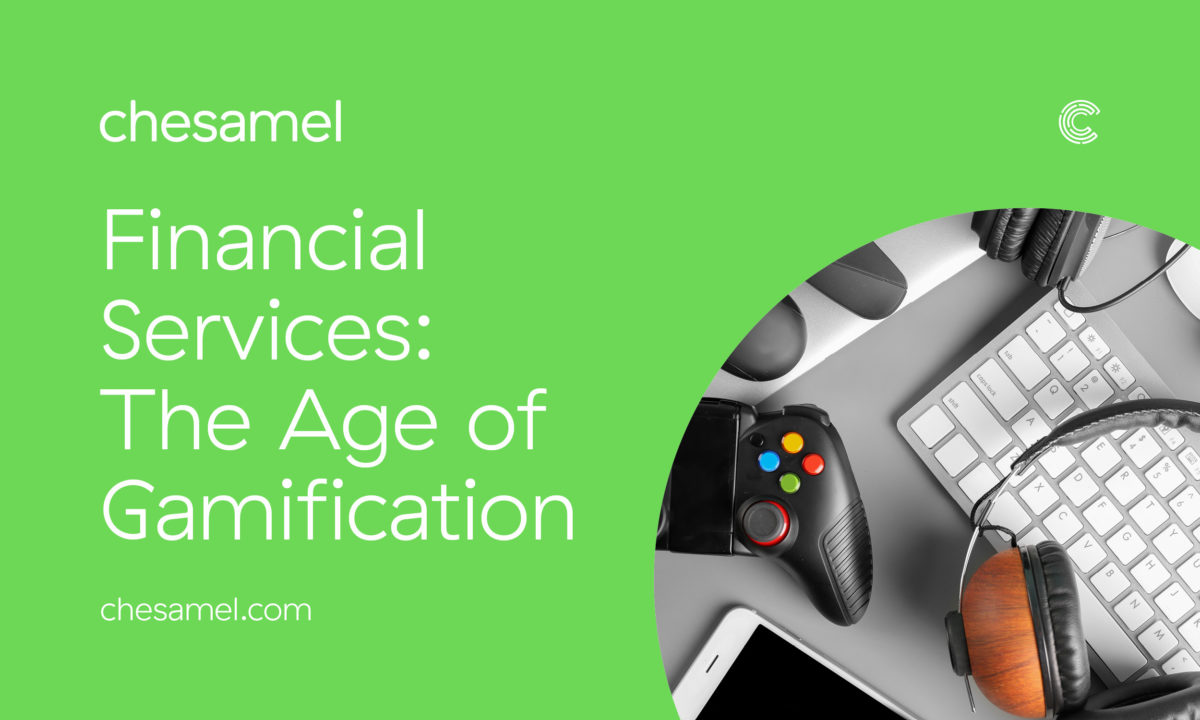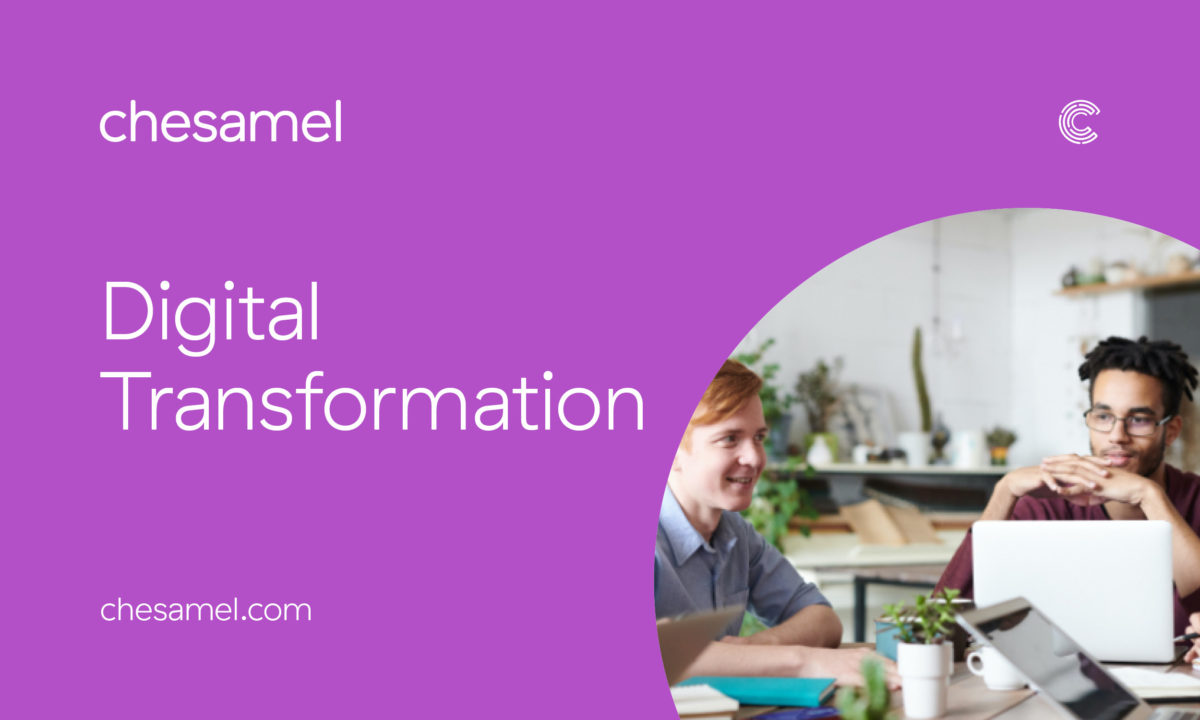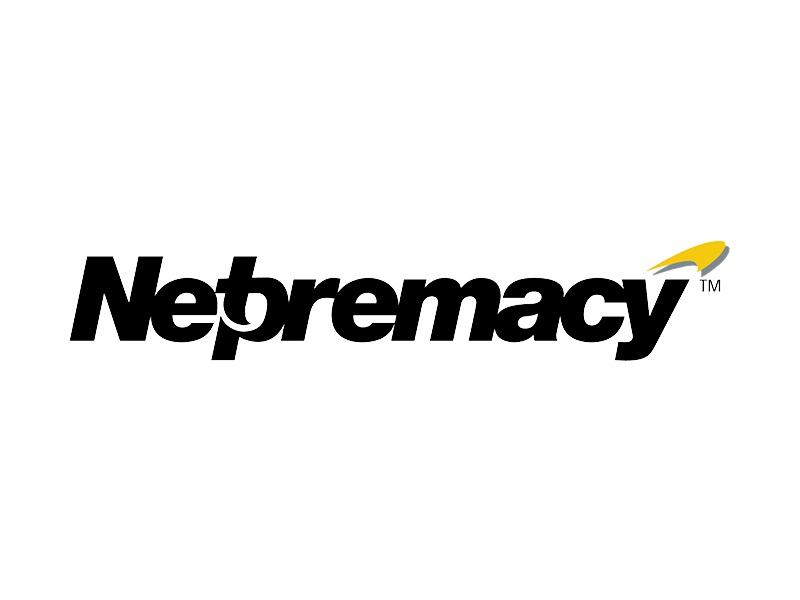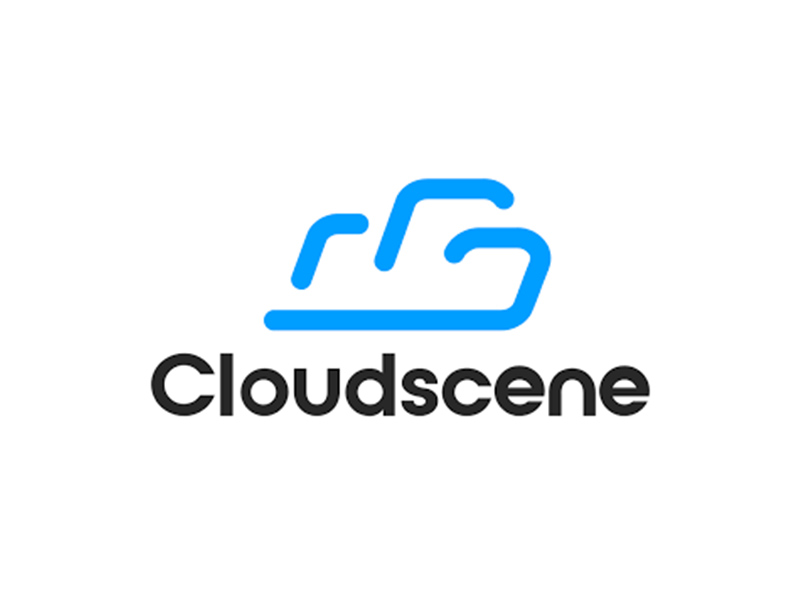As we close the chapter on 2023, a year marked by significant shifts and innovations in marketing, let’s reflect on the lessons learned and anticipate the emerging trends that will shape the industry in 2024.
The past year has been a testament to the industry’s resilience and adaptability, with nearly 80% of marketers acknowledging more change in the past three years than in the previous five decades combined. This rapid transformation has most notably been driven by the integration of advanced technologies such as AI, which is expected to continue its upward trajectory in 2024, revolutionising marketing strategies and customer engagement.
Sustainability, once a peripheral concern, has become a central theme in marketing. With 46% of consumers looking to brands for sustainable change, this year was pivotal for companies to align their values with their marketing efforts. This shift towards sustainability is not just a moral imperative but also a strategic one, as we mentioned in our recent insights on leveraging big data for sustainable initiatives.
Looking ahead to 2024, the focus shifts to leveraging these developments to create more personalised, data-driven, and ethically responsible marketing strategies. This post is a marketing roundup of 2023 combined with these new opportunities to innovate and drive meaningful engagement in an ever-evolving digital landscape.
Without further ado, let’s reflect on the marketing updates of 2023.
How AI Has Revolutionised Marketing As We Know It
AI, once a futuristic concept, has now become an integral part of the marketers toolkit, fostering innovation and driving efficiency in ways previously unimagined.
Generative AI’s Rise in Content Creation
2023 witnessed the explosive growth of Generative AI in content creation. Tools like ChatGPT and DALL-E, capable of producing text, visuals, and video content from prompts, have redefined creative processes.
This technological leap allowed 44.4% of marketers to streamline production, opening up the opportunity to focus more on the bigger picture (e.g. strategy and personalisation). The integration of AI into content creation also enables marketers to produce engaging and relevant content at scale.
Autonomous AI Agents and Causal AI for Strategic Insights
The development of Autonomous AI agents, like AutoGPT, and the advent of Causal AI have marked a new era in data analysis and decision-making. Causal AI, in particular, has brought a more nuanced understanding of cause-and-effect relationships in marketing strategies. It answers complex questions about marketing campaigns, providing insights into their incremental effectiveness and guiding more informed strategic decisions.
Conversational AI and Predictive Analytics in Marketing Strategies
Conversational AI has revolutionised customer interactions, offering personalised and efficient customer service with minimal human involvement. From handling inbound inquiries to managing outbound communications, AI has enabled marketers to automate meaningful engagement with customers – so much so that 47% of consumers are open to using a chatbot to make a purchase.
Predictive analytics, on the other hand, has been instrumental in optimising marketing campaigns. By analysing customer behaviour and preferences, it allows for more effective segmentation, lead scoring, and churn prediction, enhancing the overall marketing effectiveness.
In summary, AI has not just revolutionised marketing; it has set a new standard for how marketing strategies are developed and executed. As we approach a new year, the potential of AI in marketing continues to expand, promising even more innovative and transformative strategies in the years to come.
ESG & Sustainability Pivot Into The Modern Marketer’s Toolkit
ESG (Environmental, Social, Governance) and sustainability have both transitioned from a niche concern to a core component of marketing in 2023. This shift was not only driven by evolving consumer preferences but also by new legal and governance frameworks.
ESG Implications for Sustainable Marketing Practices
This year’s new legislative changes have intensified the focus on sustainability, compelling companies to integrate sustainable practices into their core marketing strategies. However, this only came about due to concerns over the growing malpractice of ‘greenwashing’. For example, at the beginning of 2023, 57% of investment professionals believed that ESG information is often inaccurate or misleading, while 47% believed that ESG ratings are not transparent enough.
With heightened regulations and governance, marketers now navigate a landscape where transparency and accountability in sustainability claims are not just valued but mandated. Firstly by the customer and more recently by governing bodies such as The Corporate Governance Institute.
The essence of the proposed regulations is a call for ESG rating agencies to unfurl the specifics of their assessment methodologies. No longer will the “black box” of ESG evaluations suffice. Instead, clarity, conflict-of-interest avoidance and methodological transparency are set to become the cornerstones of ESG reporting.
What This Means for The Industry
This change could mean re-evaluating your sustainability strategies. Investment decisions, which ESG ratings have increasingly influenced, will now rest on a bedrock of rigour and accountability. As a result, ESG ratings will not just influence capital allocation but also shape corporate reputations in the eyes of stakeholders and the public.
In light of these developments, it is imperative for companies to:
- Reassess their ESG reporting procedures to ensure accuracy and transparency
- Engage with experts to navigate the potential regulatory landscape
- Embrace the forthcoming voluntary code of conduct to get ahead of the curve
- Stay vigilant on updates regarding the legislation to pivot and adapt swiftly
The good news is this evolution in legislation can lead to a more honest and authentic approach to sustainability in marketing – because strong ESG performance is proven to provide beneficial business results.
According to a survey by MSCI, companies with strong ESG performance outperformed their peers during the COVID-19 pandemic, highlighting the importance of sustainability in long-term resilience and profitability.
If you feel you need to educate yourself or your team on the new ESG regulations and how they might affect your marketing strategies, Chesamel has partnered with The Corporate Governance Institute to offer two of their industry-leading diplomas, one of which is a comprehensive diploma on ESG. You can find out more here.
Sustainability’s Rising Significance in Brand Perception and Consumer Demand
Sustainability has become a decisive factor in shaping consumer perceptions and choices. In 2023, 46% of consumers looked to brands to lead the way in sustainable change, indicating a clear shift in consumer expectations. This trend has obligated brands to realign their marketing strategies to not just talk about sustainability but to demonstrate tangible actions and outcomes.
A notable example of a business adapting to this trend is Unilever. In recent years, and notably in 2023, Unilever has intensified its focus on sustainability. The company has been actively integrating sustainable practices into its core business strategy, ranging from sourcing eco-friendly ingredients to implementing more energy-efficient manufacturing processes.
This commitment is reflected in their brands like Ben & Jerry’s and Dove, which are increasingly focusing on environmental issues and sustainable packaging. Unilever’s efforts have not only enhanced its brand perception but also fueled consumer loyalty, as more consumers align themselves with brands that share their values of sustainability and ethical responsibility.
Technological Advancements in Sustainability Reporting
AI and big data are at the forefront of this revolution, enabling brands, especially smaller ones, to harness the power of big data for sustainable initiatives. AI-driven analytics provide deeper insights into sustainable practices and their impact, allowing brands to measure and communicate their sustainability efforts more effectively.
We recently explored this theme in our blog post, Five Ways Big Data Can Enhance Sustainability Efforts for Smaller Brands, highlighting two important technological developments.
The first is AI-powered insights. Tools like Tableau GPT, powered by advanced AI algorithms, allow brands to delve deeper into their datasets. Rather than manually sifting through pages of data, brands can ask direct questions to these tools, such as “What led to the decline in sustainable product sales last quarter?”.
The second is NLP for comprehensive analysis. Platforms like Sensefolio harness the power of machine learning and NLP to dissect this unstructured data. They help brands identify emerging ESG trends, sentiments, and patterns across a broad market spectrum. By tapping into these insights, brands can tailor their sustainability initiatives in alignment with market demands, ensuring they remain at the forefront of ESG practices.
Harnessing the Power of Data in Marketing
In 2023, the marketing landscape has also been fundamentally reshaped by the surge in data-driven strategies, leveraging the power of AI, personalisation, and an increasing focus on privacy and security.
The Rise of AI and Personalisation in Data-Driven Marketing
Data-driven marketing has embraced AI like their best friends; to analyse vast amounts of data, automate processes, and create highly personalised customer experiences. AI has enabled marketers to not only understand customer preferences at an individual level but also predict future behaviours and tailor marketing efforts accordingly.
For instance, in the fintech sector, personalisation has proven to be a key success factor. As explored in our latest blog post on fintech marketing, financial services have leveraged AI-driven personalisation to deliver more relevant, engaging, and effective customer experiences, driving both satisfaction and loyalty.
The Imperative of Consumer Insights and Feedback
2023 also saw an increased emphasis on gathering consumer insights and feedback. Marketers have utilised a variety of methods, including social media listening and web analytics, to gather real-time consumer thoughts and opinions. This approach enables marketers to remain agile and responsive to their audience’s needs, ultimately enhancing client engagement and improving customer lifetime value.
Impact-Driven Business Intelligence and Data Analytics
Moreover, the utilisation of impact-driven business intelligence and data analytics has become essential. By leveraging tools like machine learning and AI, marketers can now analyse sales data more effectively, uncover hidden patterns, and optimise their marketing campaigns for higher conversions and revenue.
Advanced web analytics tools, like Google Analytics, HubSpot and Salesforce, also play a pivotal role in understanding how visitors interact with websites, measuring key metrics like click-through rates, bounce rates, and engagement levels.
Chesamel’s expertise in Business Intelligence & Data Analytics stands at the forefront of this revolution. Offering services that help businesses to harness the full potential of their data, we provide insights that drive strategic decision-making, fueling marketing strategies that are not only data-driven but also impactful and customer-centric.
Creative Marketing Concepts: OOH, Immersive Experiences, and VR
Technologies like Augmented Reality (AR), the Metaverse, and Virtual Reality (VR) are redefining how brands interact with their audiences every single day.
Augmented Reality (AR) Gains Momentum in Retail and Marketing
Augmented Reality has surged in popularity this year, offering an enhanced and interactive experience to customers. It has become more than just a novelty; it’s a vital tool in the marketer’s arsenal, particularly in retail.
Walmart, for instance, has utilised AR for inventory control, enhancing the customer experience by speeding up the process of restocking shelves. Additionally, ASOS’s ‘See My Fit’ technology uses AR to digitally fit clothing onto models, enabling a realistic preview of products, which can drive sales and reduce returns.
Luxury brands are also capitalising on AR. Burberry launched a pop-up AR experience in Harrods, using QR codes to bring digital interactions into the physical shopping experience. Gucci, on the other hand, has introduced virtual sneakers, combining AR with digital fashion, a concept predicted to significantly contribute to brand revenues in the future.
With an estimated 1.4 billion mobile AR users worldwide, retailers and marketers have leveraged AR for product demonstrations, interactive advertisements, and enhancing the overall customer experience.
Metaverse Becomes The Newest Frontier in Marketing
The Metaverse started as a bit of a buzzword that no one really understood but this year it has started to emerge as a platform for marketing. In this digital universe, brands can create immersive experiences that go beyond traditional advertising.
The Metaverse has opened up new opportunities for virtual events, which have become increasingly important for brand engagement. Plus, you can save over 85% of the cost of hosting an in-person event and minimise the CO2 impact.
These events, ranging from concerts to product launches, offer a unique way for brands to connect with their audience on a global scale. The ability to host such events in the Metaverse presents endless possibilities for innovative marketing strategies.
TikTok’s New OOH Ad Solution: Out of Phone
A significant development in OOH advertising this year was the introduction of TikTok’s “Out of Phone” ad solution. This innovative approach allows brands to extend their TikTok campaigns beyond the digital realm and into the physical world.
With “Out of Phone,” content created on TikTok can now be featured on billboards, kiosks, and in cinemas, bars, restaurants, automobiles, airports, and more. This not only amplifies the reach of digital campaigns but also creates a seamless bridge between online and offline advertising spaces.
Additionally, “Out of Phone: Cinema” brings TikTok content to the silver screen, engaging audiences in a novel way by replicating the on-platform experience in movie theatres.
The “Out of Phone” initiative, collaborating with partners like Adomni, DIVE Billboards, and Screenvision, exemplifies how digital platforms are innovating to integrate their content into everyday life, thereby offering brands new avenues to connect with their audience.
The Evolving Creator Landscape
It has also been a pivotal year for content creators. Events like VidCon 2023, which some of the Chesamel team attended, have highlighted the growing influence of digital creators in shaping consumer preferences and trends.
Chesamel’s insights from VidCon 2023 shed light on how brands can collaborate with creators to harness their reach and authenticity. This collaboration is not just about leveraging the creators’ audience but also about tapping into their creative expertise to craft campaigns that resonate with the digital-first audience.
This is not only beneficial for marketers but also, maybe even moreso, for the creators themselves. For example, YouTube now ranks as the #1 in the most rewarding platform to create content on. This can be related to YouTube’s Partner Program (YPP) which allows creators to earn a percentage of the revenue generated by ads that play before and during their videos. Through the YPP, creators can earn up to 55% share of the revenue generated from the ads on long-form video content.

Embracing the Future of Marketing in 2024
As we wrap up our exploration of the transformative journey of marketing in 2023 and look ahead to 2024, it’s evident that the landscape of marketing is evolving at an unprecedented pace.
This past year has underscored the resilience and adaptability of marketers, as they navigate a terrain reshaped by cutting-edge technologies such as AI, AR/VR, alongside a growing focus on sustainability and data-driven strategies. These advancements are more than fleeting trends; they are fundamental shifts redefining the very essence of how brands connect with their audiences.
In conclusion, we believe the mandate for marketers in 2024 is to continue to innovate and adapt. The future of marketing hinges on the ability to embrace these technological advancements and weave them into cohesive, forward-thinking strategies. Success will depend on the agility to respond to rapid changes, the skill to harness data effectively, and the capacity to engage consumers in increasingly meaningful ways.
Ultimately, the path to navigating these opportunities lies in a readiness to embrace new ideas, adapt to ever-changing landscapes, and, most importantly, a dedication to meeting the evolving needs of consumers.












